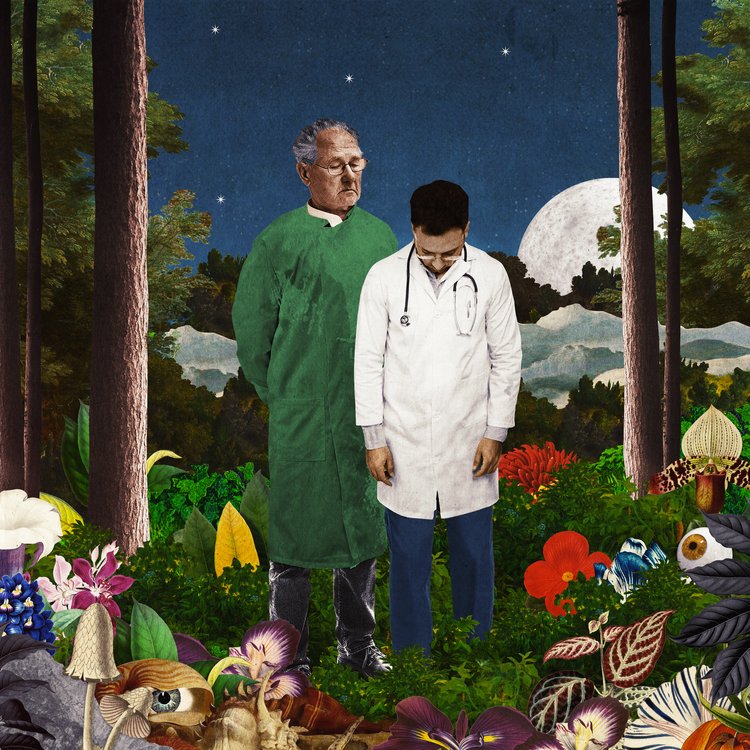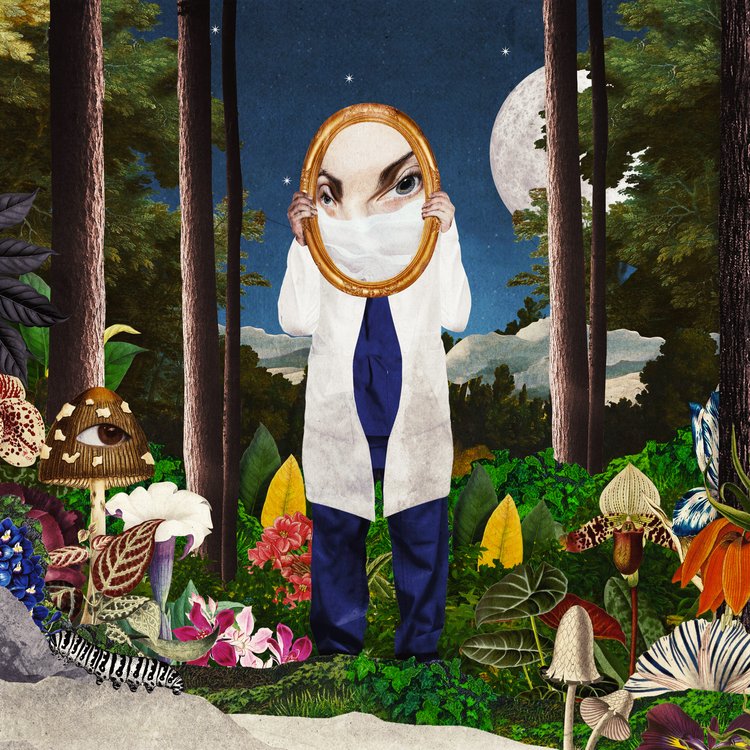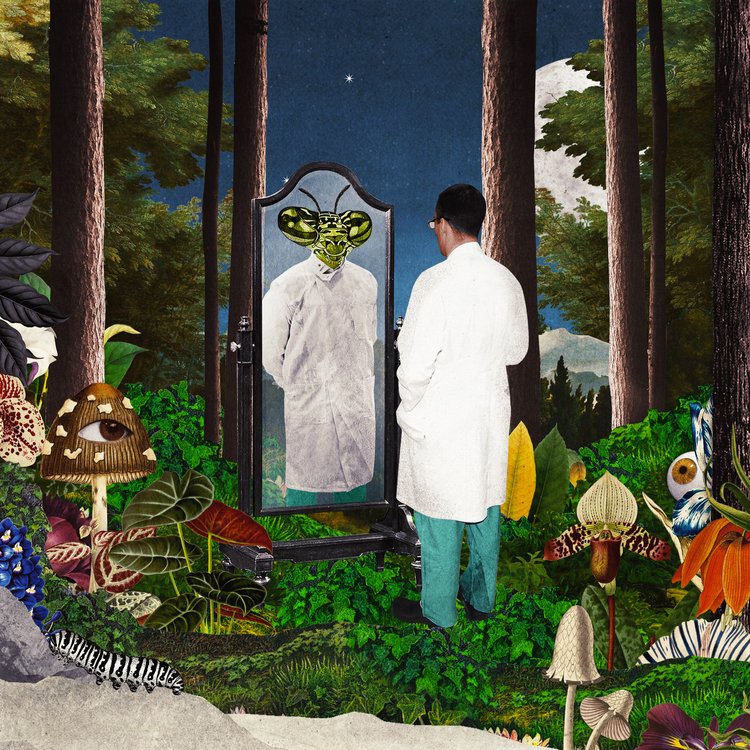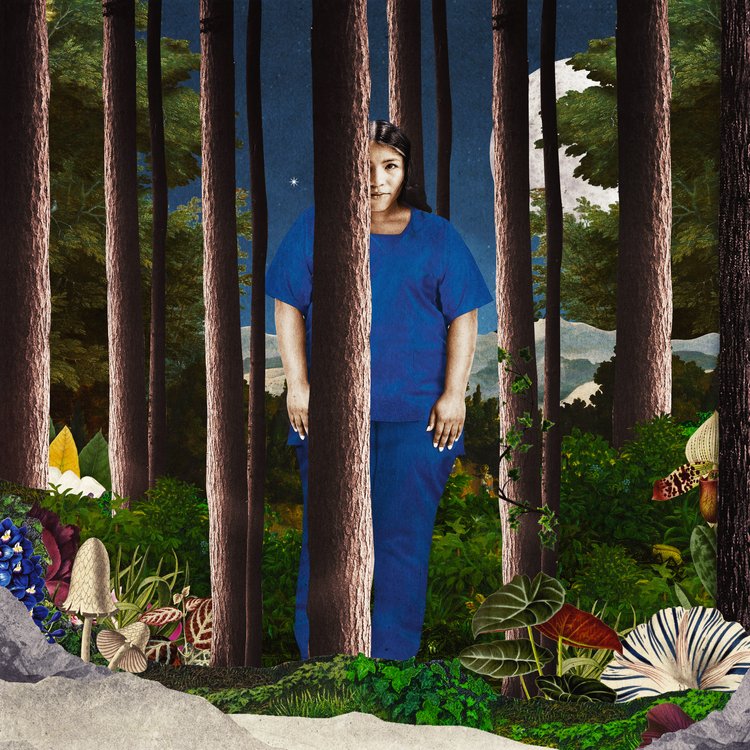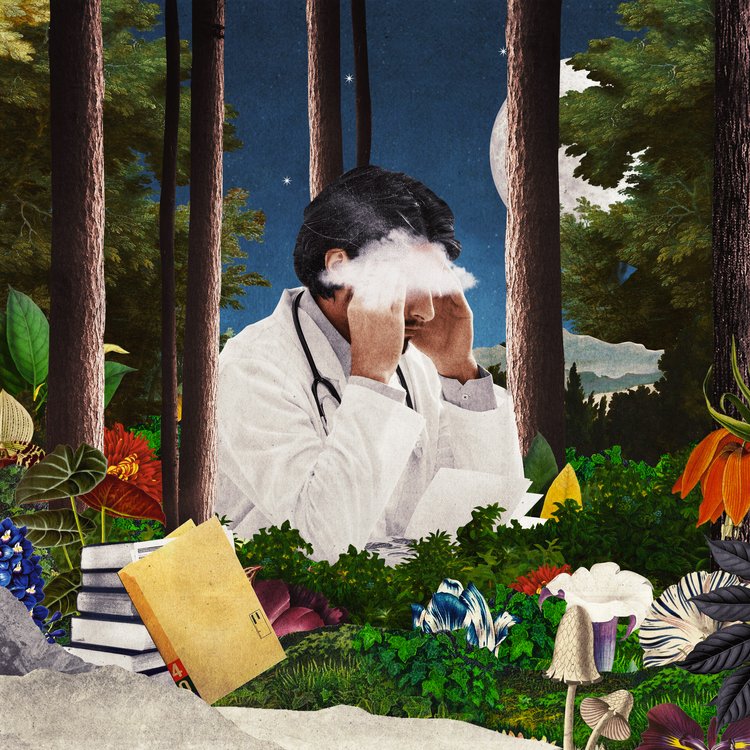Oct 7, 2022
The Test Doesn’t Write Your Future
My Step 1 experience started out a lot like the one in the podcast [in Ep. 4 “Pass/Fail”]; 0 hours and 0 minutes of sleep the night before, a sense of dread during and after, daydreams of getting into a *minor* car wreck on the way to the test. Only when my score came back, I had actually failed. My score was 152, to this day one of the lowest scores I've heard about. I didn't tell my wife for days, and then went into one of the deepest periods of depression of my life. Motivated by a 'bootstraps' mentality, I registered for a repeat test date far too soon. My studying during that time was profoundly ineffective; the thought of opening my test prep books was so overwhelming that I would sit at a coffee shop for 8 hours without actually pulling them out of my bag; I had always been good at killing time; now I had become an expert. I failed again, this time by just a couple of points despite my significant remaining knowledge deficits. My university allowed three tries at any USMLE test; I was $180,000 in debt from the first 2 years of med school, and now I might not become a doctor at all.
Even worse, I had finally fallen in love with practicing medicine. I had been allowed to do a couple of clinical rotations while awaiting my test scores, and now I couldn't imagine doing anything else; the thought of leaving med school represented an indescribable loss. I finally passed on my 3rd attempt; after nearly a year of dedicated study time and additional tuition costs, treatment for depression and previously undiagnosed ADHD, lots of support from my wife and dog, and essentially learning how to study for the first time at age 25.
This podcast gets it exactly right; the shame around this test, what it can and probably will mean for someone's future, and the emphasis we place it on as determining whether you will be a good doctor, represents and enormous mental health burden to students. My story had a happy ending; I grew into a solid and sometimes excellent clinical student, pursued Family Medicine (#fmrevolution), and matched at an excellent program that was willing to take a chance on students with Step 1 failures. But I remember so keenly that shame I carried. Even today, visiting my Med School for the first time in years, I can hardly believe I am able to walk across campus with my head held high; I felt like an outsider more then, as an enrolled student, than I do now as a visitor. This podcast captures so well the shame around failure in medicine. We are used to failure as physicians; failure to 'comply' with medications, failure to keep appointments, failure of medications... But it is always something we are writing in other people's charts. But we are deeply uncomfortable with failure by physicians, and especially with our own failures. It starts there in med school, but the ramifications impact patient care every day as doctors fail to recognize their oversights, fail to correct their errors; fail to apologize.
Today I teach Doctoring and Clinical Skills, a course for 1st and 2nd year students that teaches them how to be doctors; history taking, empathetic listening, exam skills, clinical reasoning, and most of all how to build genuine relationships founded on trust and respect. When my students returned from their dedicated study/testing months this year and I had the privilege of lecturing to them prior to starting their clerkships, I knew that in a group that size, some of them had failed, and some had deferred because they didn't feel prepared. I remembered how I felt sitting in clerkships orientation, with lecturer after lecturer congratulating us on being "done with Step 1 forever", and all of my peers talking excitedly about their upcoming hospital rotations: like I was an imposter, a failure, and a fraud. So I told them that. I know some of you are not done with Step 1 yet, and are not starting rotations next week. I don't know who you are, but I know what you are feeling; thinking everyone must know you are a fraud, not knowing what to say when asked about your rotations. And I want to tell you that this is just one test; it's a hurdle you have to make it over, maybe a signal of where your knowledge gaps might be, and nothing more. This test doesn't determine whether you will be an excellent Physician; it doesn't write your future for you. That was it; that's all I said, and then talked for an hour about what pre-rounding is and how to ask for help from nurses and respect their expertise. But I received more e-mails from students to thank me for those few sentences than I have for any lecture I've given.
And what I found was that, even more than graduating med school and residency, landing my dream job, or any awards I've received, that acknowledgement of the shame my students were feeling finally reconciled me to my own experience, because that pain no longer felt wasted. Thank you The Nocturnists for shining a light on our culture of shame in medicine. If you have your own shame you continue to carry, I encourage you to shine a light on it as soon as it feels safe; especially if you can share it with those behind you who would benefit most.
reflection forum


